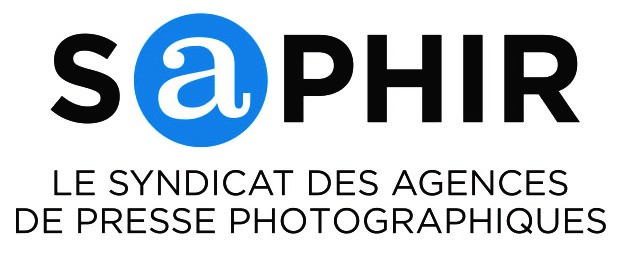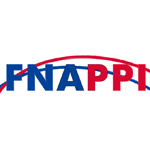Blog article: Sylvie Fodor
This could be soon the case if the proposition voted unanimously in the French Senate in February (available here) is adopted in second reading by the National Assembly on 23 March.
According to this proposition, collective management organisations would be appointed to manage the collection and distribution of this fee charged for the reproduction and communication to the public of images referenced by image search engines.

The French proposal has been quickly labelled “French Google tax” , but:
1. This is not a tax
2. It does not apply solely to Google Images but to all images search engines.
3. Yes, it is French: it would only apply to images displayed on images.searchengine.fr. Benificiaries would be rightsholders who are members of the French collecting societies specifically designated to handle with Google France, Yahoo France etc.
This initiative is to be differentiated from the ancillary copyight for publishers introduced in Germany (2013) and in Spain (2014). These laws created a neighbouring right for publishers, allowing them to get paid for the showing of “snippets” on Google News.
In contrast to these initiatives, the CEPIC White Paper on protecting images online calls, on the one hand, for a redefinition of online platform liability and proposes, on the other hand, the introduction of an exception for search engines. Search engines should redirect to the source. Direct licensing to social media could be possible, enforcement of rights will be made easier and navigation on the web not be hampered.
French stakeholders in the visual sector have, all across sectors, shown support to the bill. They see an opportunity to get payment for usages that no stakeholder has ever been able to monetize, from search engines that, on the opposite, fuel online piracy of images.
Communiqué de Presse SAIF – 17.02.2016 (SAIF is at the origin of the bill)
Contact CEPIC for more info on background
















